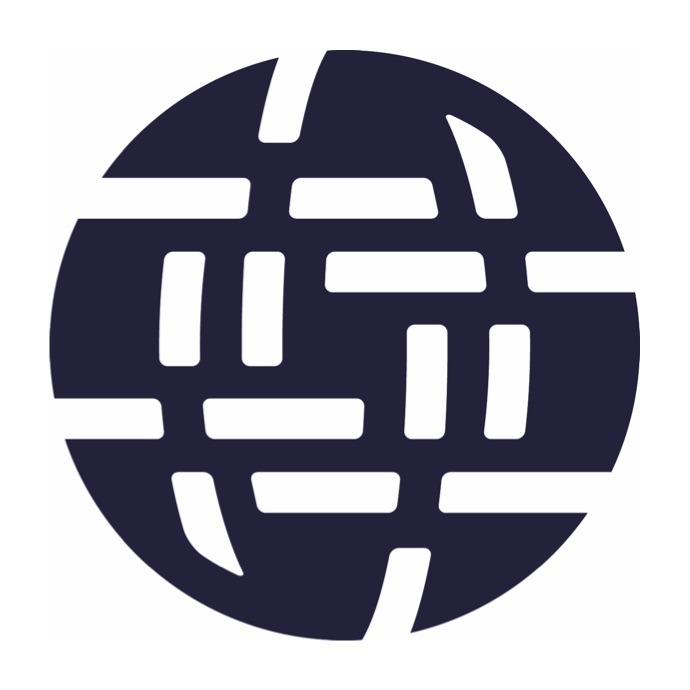The Internet’s founding fathers were very deliberate in the model they devised for the Internet. From its earliest beginnings, it was built on open standards. It embraced open, participatory management and governance structures, and reflected principles of freedom of expression, access to information, as well as other democratic processes across a broad community of stakeholders.
The open, trusted, global Internet has changed lives and accelerated economic and social progress. It has brought the world closer together and enabled humanity to connect, communicate and collaborate.
In fact, the success of the Internet to date has a lot to do with the characteristics of its design – open, resilient and global.
But as the Internet has grown, so too have the challenges that come with it. The opportunity it brings has been unevenly distributed and today it is still the case that half the world is without access to the Internet.
Our first priority then, is to connect the unconnected in the remote parts of the world and in the under-served communities of every continent.
The Internet Society is helping to do this on a daily basis. Today, we released our first ever Beyond The Net funding program Impact Report. The Beyond the Net program itself is a tangible expression of our commitment to development, established to support Internet-led projects around the world at local level and shine a light on the inspiring work of our global Chapter community. The 2015 report showcases an amazing range of initiatives that harness the power and potential of the Internet to change people’s lives – from training the visually impaired in basic Internet skills in Sri Lanka to providing Internet access and training in Guatemala.
This is the work that will help us to achieve the UN’s Sustainable Development Goals and, specifically, the target of extending universal and affordable Internet access to the least developed countries by 2020.
This is not the only challenge we face today. As we build a better, safer, stronger Internet around the world, we also need to recognize that security issues and their impact on user trust are an existential threat to the Internet’s future. These issues are damaging user confidence, leading to an erosion of trust in the Internet; trust that must be rebuilt if the Internet is to remain in place as the backbone of our evolving digital society.
In the Internet Society’s recently launched 2016 Global Internet Report, we highlighted how companies are not doing enough to protect consumer data and prevent data breaches; a staggering 93 percent of all breaches are preventable. The report made some important recommendations to help us all reduce the number and impact of data breaches globally, but the key lies in tackling this, and other security challenges, together.
This week at the Internet Governance Forum (IGF) in Mexico, the Internet Society will reinforce the idea that we must work collectively and collaboratively to connect the unconnected and increase trust in the Internet. We have an opportunity to find a coherent voice and insist on the inclusive model we fought for and for the Internet we believe in.
We are in a good position to take on this task because the Internet’s governance model, and its technical architecture, is designed to facilitate change.
Please join me this week at IGF, either in person or remotely, and let’s create the future of the open Internet together. Collaboration is the way forward.

